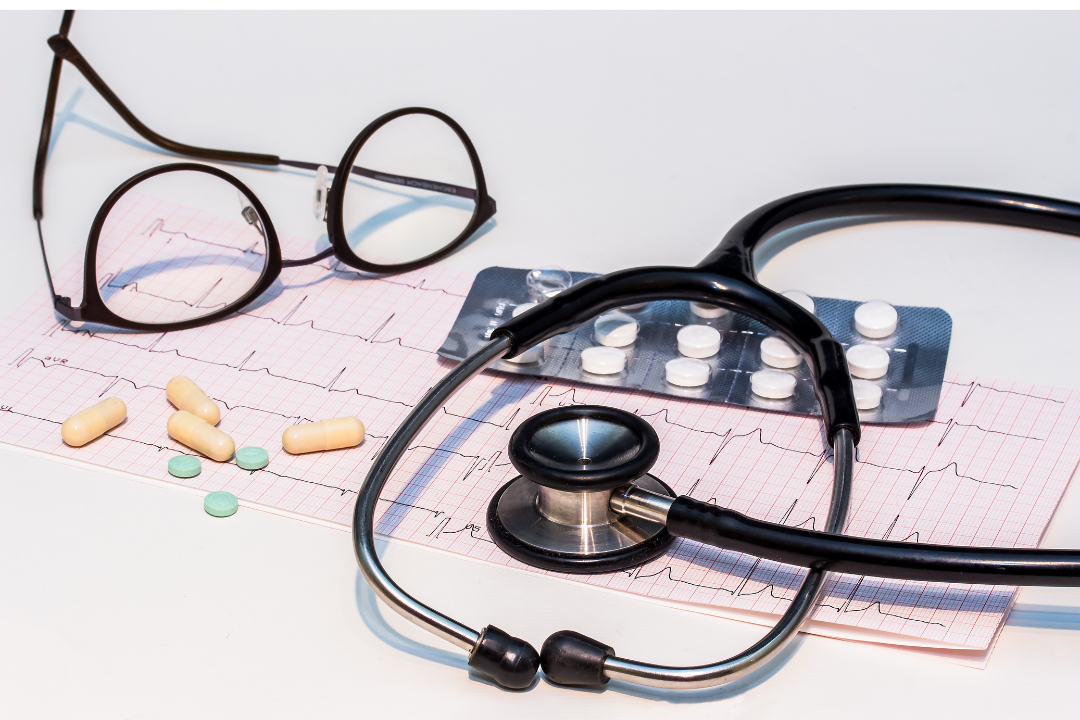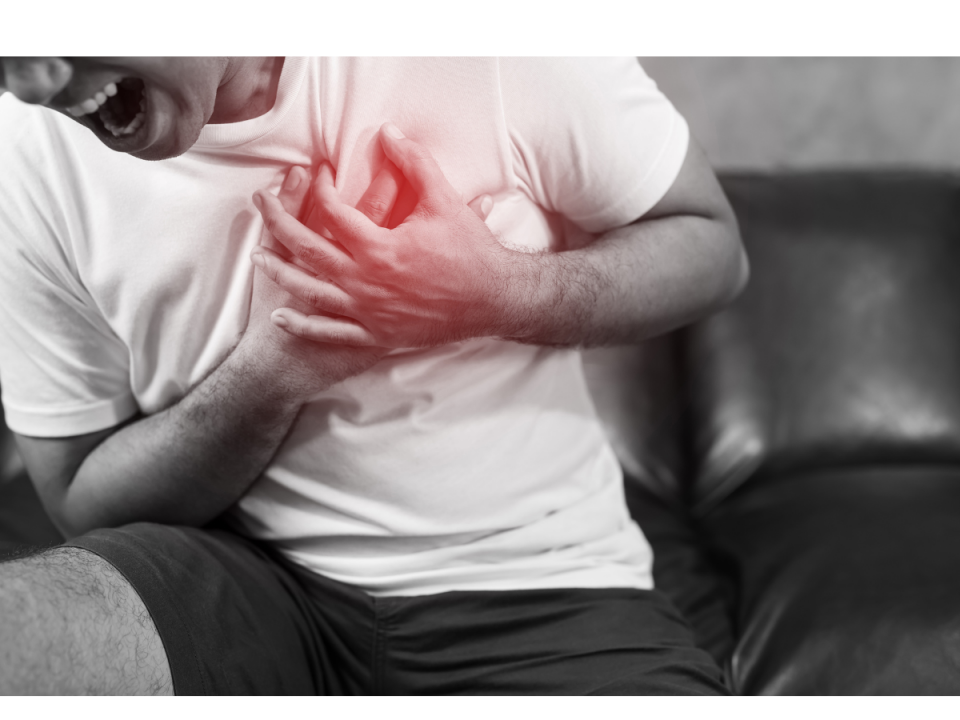Men’s Health Month is in June. The national day of observance is used to bring attention to health care for men and encourage boys, men, and their families to make healthy choices, like working out and eating well.
This article is mostly about heart disease, which is the leading cause of death in men that can be prevented. The information here comes from the Talking About Men’s Health blog, which is part of the Men’s Health Network. It focuses on prevention as the best way to keep men from getting heart disease.
In the United States, one adult dies every 36 seconds from cardiovascular disease (CVD). Heart disease is the major cause of death in the United States. In most racial and ethnic groups, one in four men dies from heart disease.
It can sometimes be “silent.” But it is important to know what a heart attack, stroke, heart failure, or arrhythmia looks like. These signs can come on quickly and include:
• Heart attack: symptoms may include pain or discomfort in the chest, pain in the upper back or neck, indigestion, heartburn, nausea or vomiting, extreme tiredness, pain in the upper body, dizziness, and shortness of breath.
• Heart failure: shortness of breath, tiredness, or inflammation in the feet, ankles, legs, abdomen, or neck veins.
• Arrhythmia: feeling like your heart is fluttering or racing in your chest (palpitations).
• Stroke: F.A.S.T.: droopy face, weak arms, trouble speaking.
Men may still be at risk for heart disease even if they don’t have any signs. It’s important to know what the threats are. Ask your doctor to look at your risk for heart disease or a stroke and talk to you about it. If you have any serious signs, you should not ignore them. Act right away.

Half of the adult men in the US live with high blood pressure (hypertension). Heart disease and stroke are both more likely to happen if you have high blood pressure. Millions of adults who have high blood pressure can’t control it. Most of the time, there are no clear signs of high blood pressure. That’s why it’s so important to have your blood pressure taken often and work with your doctor to keep it at a healthy level.
Men are also more likely to get heart disease because of several other health problems and ways of living.
• Diabetes
• High or strange cholesterol levels
• Being overweight or obese
• Bad food choices
• Lack of exercise
• Too much alcohol use
• Early-onset heart disease in the family
• Smoking
To lower your risk of heart disease or a stroke, you should:
• Get your blood pressure checked.
• Ask your health care team if you should get tested for diabetes.
• Stop smoking. Don’t start smoking if you don’t already. Learn how to quit smoking.
• Talk to a doctor team about checking your cholesterol level. Choose foods that are good for you. Eat a diet that is good for your heart.
• Talk to your family to find out if early heart disease runs in the family.
• Try to reduce your stress as much as you can.
